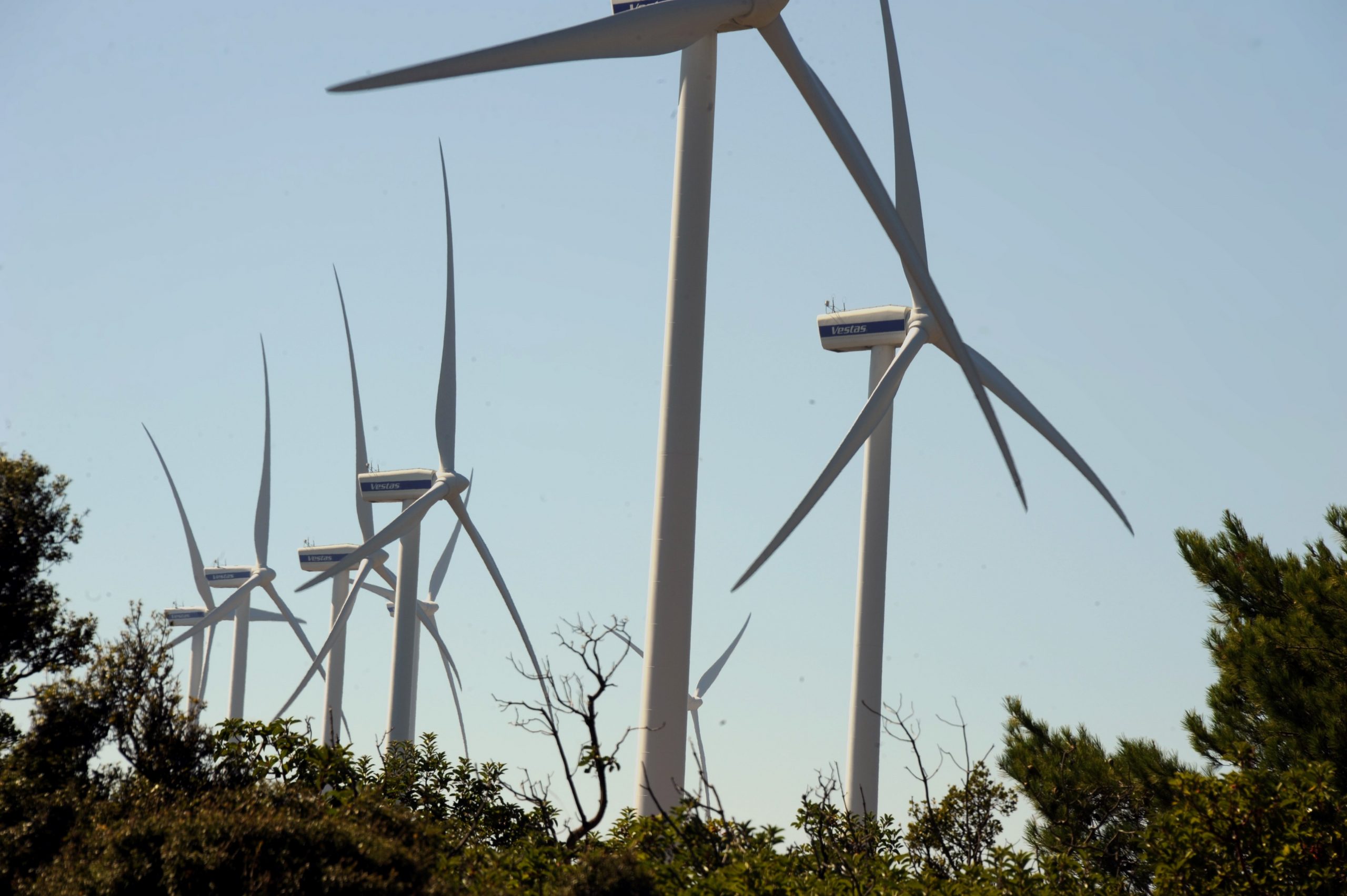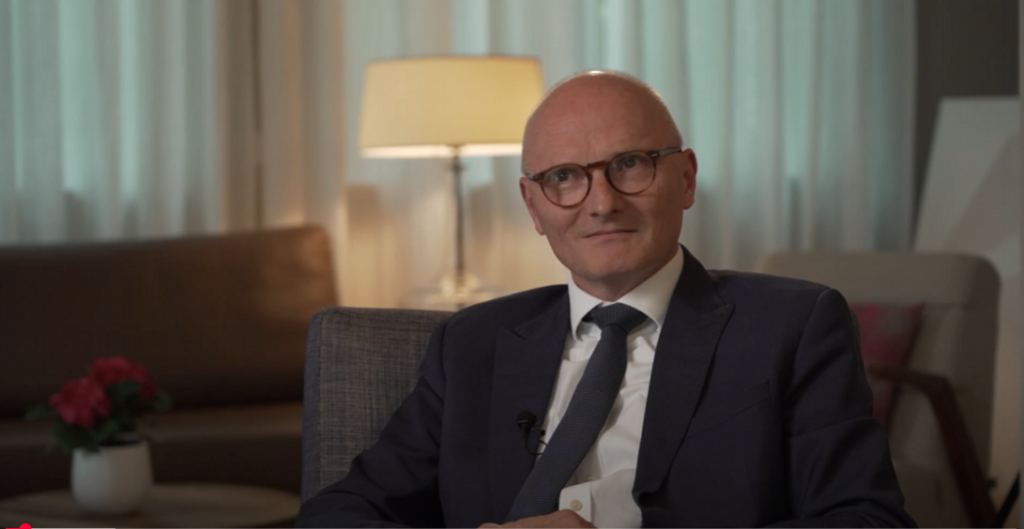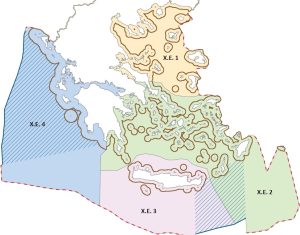Renewable energy sources (RES) in Greece in 2022 generated 43% of the country’s electricity, exceeding the EU average of 41.2%, Eurostat, the EU statistical authority, said on Wednesday.
Overall in the European Union, RES usage increased by 3.4 percentage points over 2021 (37.8%) and surpassed other energy sources, such as nuclear (less than 22%), gas (less than 20%), and coal (less than 17%).
Leading the way was Sweden, with 83 percent of its energy needs in 2022 coming from renewable sources such as water and wind, followed by Denmark (77.2%), Austria (74.7%), Portugal (61.0%), Croatia (55.5%), Latvia (53.3%), and Spain (50.9%).
According to Ernst & Young’s Renewable Energy Country Attractiveness Index (RECAI), released last December, Greece has solidified its position among the top three global markets for renewable energy sources (RES).
Despite currently holding the third spot in the adjusted GDP index, Greece’s standing is significant, considering its previous top position. Denmark now leads this index, followed by Morocco, showcasing Greece’s resilient presence among the top contenders. Simultaneously, Greece maintains its standing within the top 20 globally, securing the 18th position in the overall ranking.



